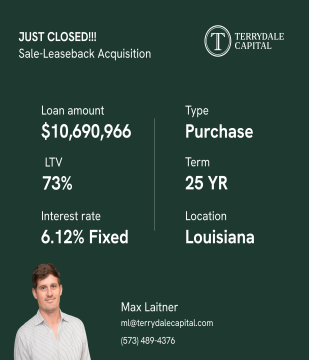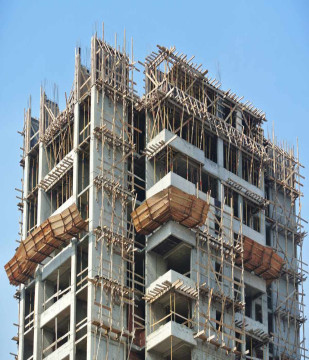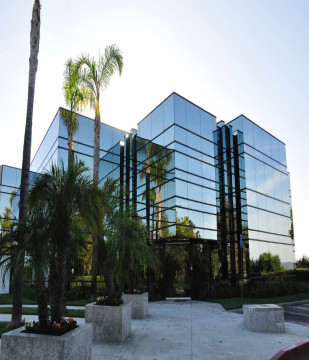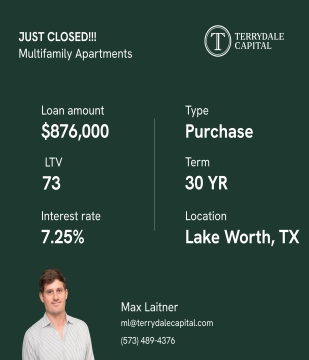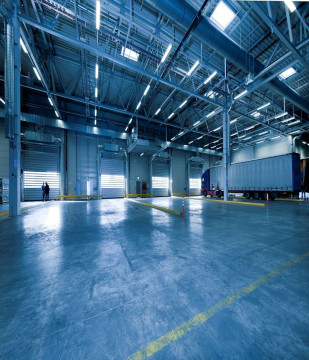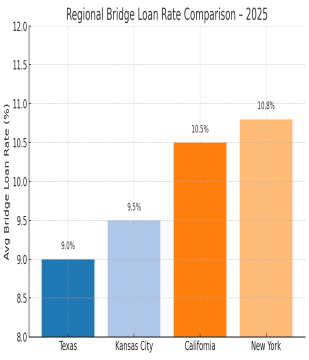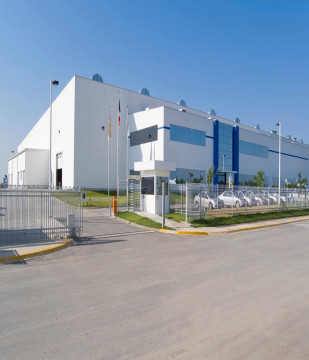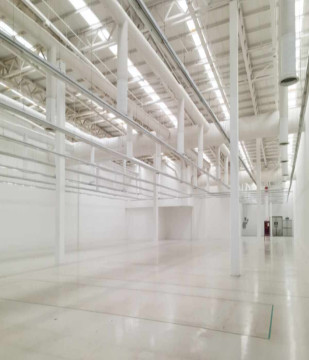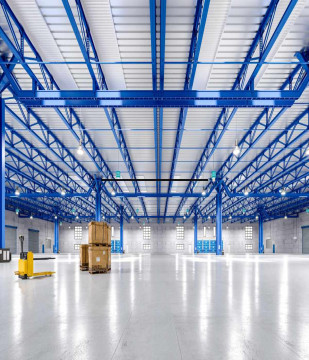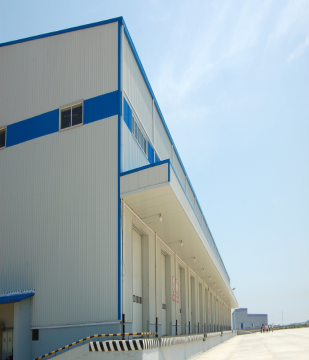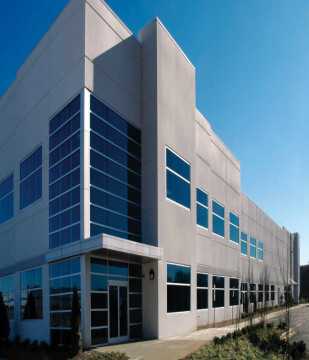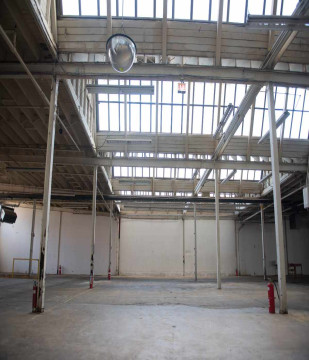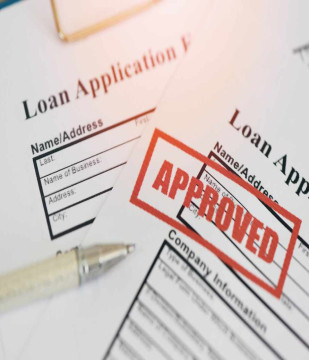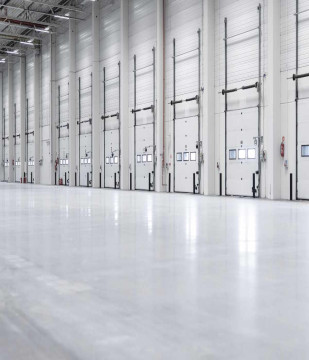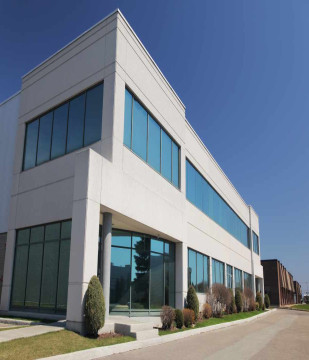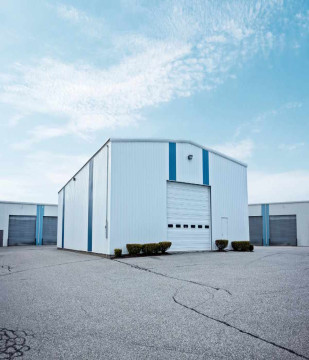Yield Maintenance vs. Defeasance | Everything You Need to Know

Terrydale Capital
Aug 11, 2022 14 Min read
 Learn
Learn
If you own property, it's crucial that you learn about yield maintenance and defeasance. These two systems are used in the real estate market to manage interest payments, and each has its set of benefits and downsides.
Lenders typically want to make sure of two things: interest payments on the loan will be made on time and that they'll receive the full amount of interest that was agreed on. Yield maintenance and defeasance are two ways to achieve this.
Borrowers need to be aware of these systems to make an informed decision about what's best for them.
What Is Yield Maintenance?
Yield maintenance is a pre-payment penalty some lenders impose on borrowers who pay off their loan before the maturity date.
The penalty is calculated so that the lender receives an amount equal to the interest payments they would have received if the borrower (that's you) had kept the loan until maturity.
For example, let's say you have a 5-year fixed-rate loan with an interest rate of 5%. If you pay off your loan after three years, you will owe a yield maintenance penalty to your lender.
The amount of the penalty will rely on several factors, including:
- The interest rate
- The remaining term of your loan
Investors who purchase loans often rely on interest payments to make a profit. When borrowers prepay their loans, it can disrupt the investors’ cash flow and negatively impact their bottom lines.
Yield maintenance is designed to protect lenders from this type of loss by recouping the interest payments that would have been paid over the full term of the loan.
Who Benefits from Yield Maintenance?
In most cases, yield maintenance benefits the lender but not the borrower. The only time when it makes sense for a borrower to agree to a yield maintenance clause is if they are planning on selling the property before the loan matures.
If you do plan on selling, you can use yield maintenance to lock in a low-interest rate for potential buyers.
How Is Yield Maintenance Calculated?
The amount of the yield maintenance penalty is calculated using a formula that considers several variables.
To calculate the penalty, you will need to know:
- The interest rate at the time of loan origination
- The current interest rate
- The remaining term of the loan
- The prepayment premium (usually 0.25% to 5% of the loan balance)
Once you have this data, you may use an online yield maintenance calculator or consult a financial professional to determine the amount of your penalty.
What Is Defeasance?
Defeasance is another way of managing interest payments, and it's an increasingly popular option in the real estate market. With defeasance, borrowers are still responsible for making interest payments until their loan matures.
However, they can prepay their loan without incurring a penalty. To do this, borrowers must set up a separate account and make regular deposits. Deposits are used to purchase government securities that mature on or before the loan's maturity date.
As long as the borrower makes all required interest payments and keeps enough money in the account to cover the maturity value of the securities, they can pay off their loan without incurring a penalty.
Who Benefits from Defeasance?
Depending on the lending parameters of your lender, you may qualify for defeasance. With this arrangement, lenders are protected from losses associated with prepayment, and borrowers can take advantage of lower interest rates without worrying about paying the penalty.
How is Defeasance Calculated?
The amount required to fund the defeasance account is calculated using a formula that takes into account:
- The outstanding balance of the loan
- The interest rate
- The remaining term of the loan
- The maturity value of the securities
Armed with this information, you can use an online defeasance calculator to determine how much you would need to deposit into your account.
Who Benefits from Defeasance?
Depending on the lending parameters of your lender, you may qualify for defeasance. With this arrangement, lenders are protected from losses associated with prepayment, and borrowers can take advantage of lower interest rates without worrying about paying the penalty.
How Defeasance Compares with Yield Maintenance: Pros and Cons
Now that you know a little about defeasance and yield maintenance, it's time to compare the two systems. Both have pros and cons, so borrowers must learn about both before deciding.
With yield maintenance, lenders are protected from prepayment losses. However, borrowers might have to pay the penalty if they want to sell the property before the loan matures.
Using defeasance, borrowers can take advantage of lower interest rates without worrying about paying the penalty. However, the amount required to fund the defeasance account can be expensive.
As you can see, there are pros and cons to yield maintenance and defeasance. While one might be better for the lender, the other might be more advantageous for the borrower.
What Does This Mean for You?
The choice between yield maintenance and defeasance ultimately comes to your situation. If you plan on selling the property ahead of the loan maturity, you might want to consider yield maintenance so that you can lock in a low-interest rate for potential buyers.
On the other hand, if you are not planning on selling the property and want the flexibility to gain from lower interest rates, then defeasance might be the better option for you. Only you can establish which system is best suited for your needs.
How Can You Get the Best of Both Worlds?
You can always negotiate with your lender if you want the best of both worlds. Many lenders may be willing to work with you to create a system that meets their needs.
For example, you might get a lower interest rate if you agree to pay a defeasance fee should you sell the property before the loan matures. Flexible prepays are becoming increasingly common, so don't hesitate to ask your lender about your options.
It never hurts to ask — you might be surprised at what you can negotiate. Ensure you get the best deal possible before signing on the dotted line.
So Which One Should You Choose?
There's no easy answer when deciding between yield maintenance and defeasance. Both systems have pros and cons, and the best option for you will ultimately depend on your situation.
Like any significant financial decision, you should understand your options before making a choice. Make sure to do your research.
Step-Down Prepayment Penalties
One factor that could impact your financing for a commercial property loan is a step-down prepayment penalty. Many lenders will apply a prepayment penalty to a loan product to ensure they can receive a reasonable return on their investment.
The step-down prepayment penalty is found in the mortgage agreement. In most cases, the actual amount of the penalty will be determined by how much is left on this loan. As you pay off more of your loan, the penalty will get smaller, hence the “step-down” name.
For example, if you decide to pay off your loan in the first year, your step-down clause may include a penalty of about 5% of the balance of the loan. If you prepaid the loan in full in the second year of the term, that penalty might drop to 4%, continuing to decrease throughout the life of the loan. However, most lenders will not include a step-down penalty during the final 90 days of the loan term.
Call in the Experts: Terrydale Capital Financing
The world of yield maintenance and defeasance can be confusing. If you're still unsure which system is right for you, we recommend calling in the experts.
At Terrydale Capital financing, our team of experienced mortgage professionals can help you navigate the world of yield maintenance and defeasance to make the best decision for your needs.
Whether you are looking for 5 to 10-year fixed terms or up to 30-year amortization periods, we can assist you in finding the perfect solution for your needs. We're seeing rates as low as 3.25%, so don't delay.
Get a free quote today, and use the code "Yield Maintenance" to receive a free appraisal cost waiver. We look forward to working with you in securing the financing you need.
Want first access to active on-market and off-market opportunities? Visit Terrydalelive.com.
Partner With Terrydale Capital for Your Debt Financing Needs
When it comes to debt financing, understanding the right timing, process, and options is crucial. At Terrydale Capital, we provide a comprehensive range of commercial loan solutions tailored to meet your business's unique needs.














